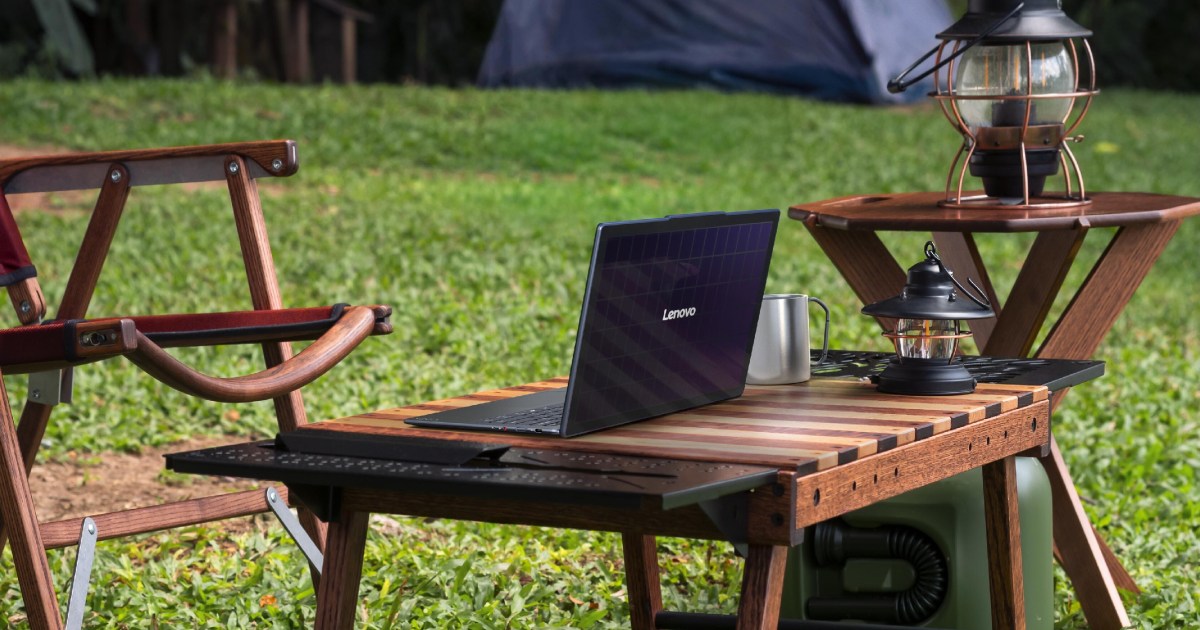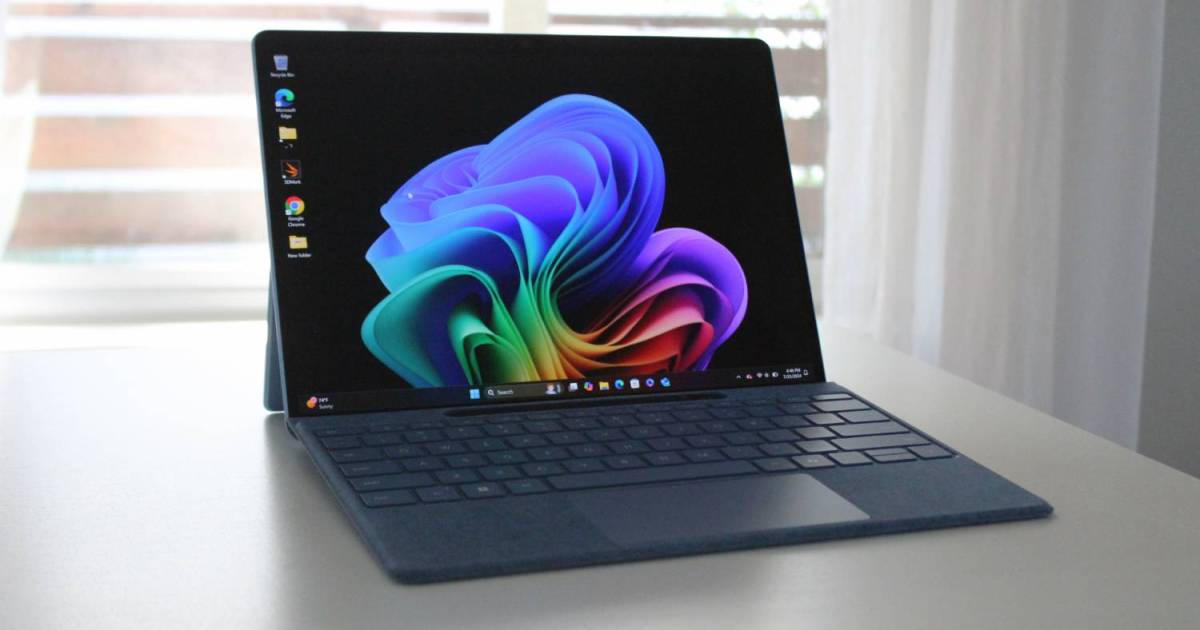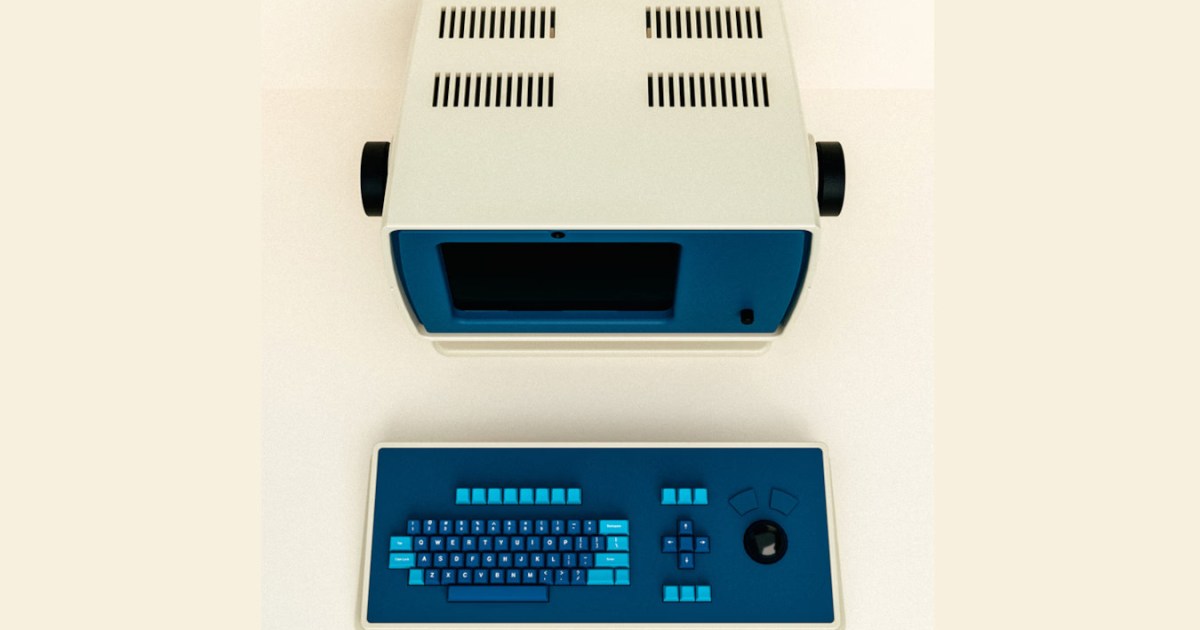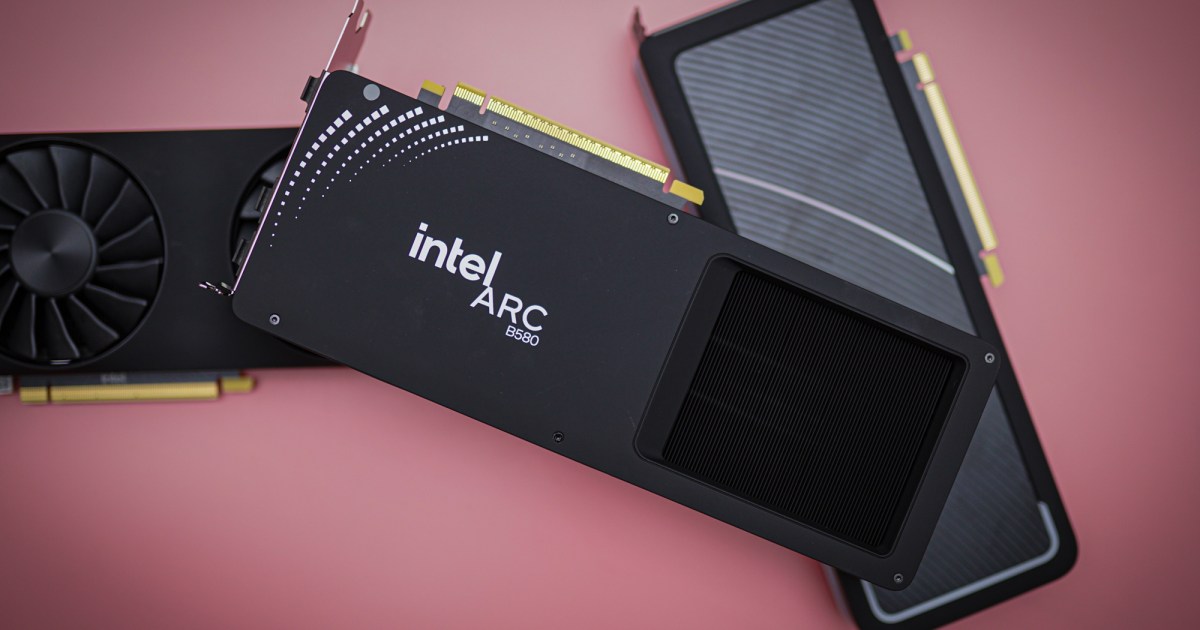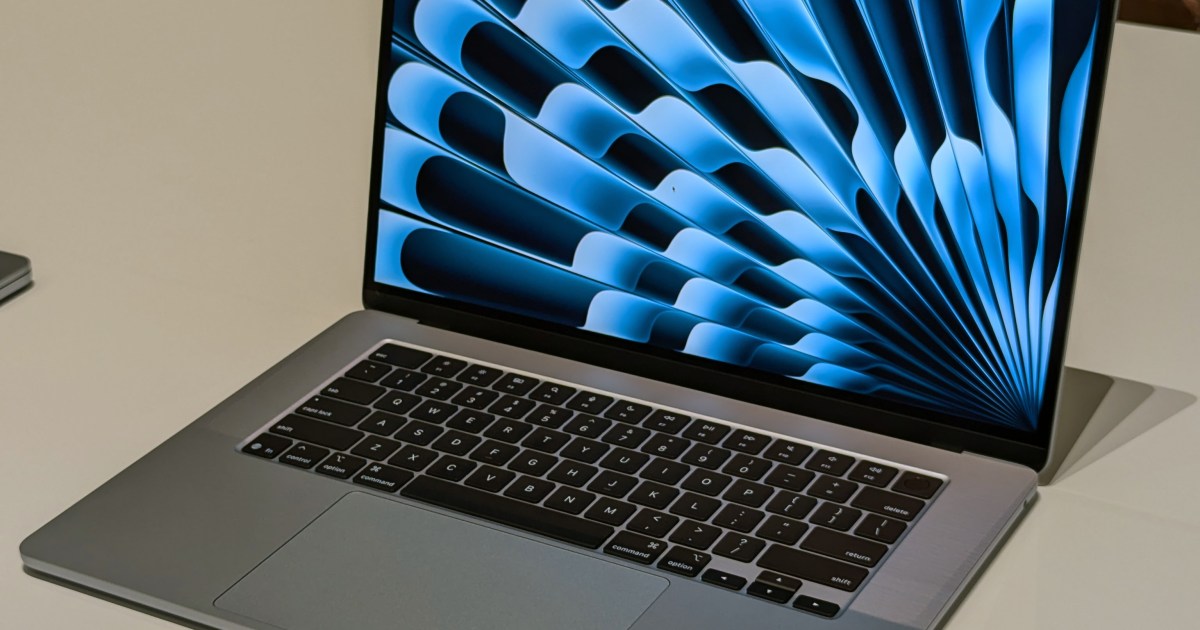At Mobile World Congress (MWC) in Barcelona, Lenovo introduced a groundbreaking proof-of-concept: a solar-powered laptop. The laptop’s lid features a high-efficiency solar panel boasting a 24% conversion rate, comparable to top-tier rooftop solar panels.
According to Lenovo, just 20 minutes of direct sunlight translates to approximately one hour of video playback. Even in low-light conditions, the panel generates enough power to maintain the laptop’s battery charge while idle. This impressive efficiency is achieved through “Back Contact Cell” technology and an intelligent tracking system that optimizes charging settings for maximum energy savings and stability.
Remarkably, aside from the distinctive solar panel grid on the lid, this laptop resembles a conventional ultra-slim device. Measuring just 15mm thick and weighing 1.22kg, it represents the world’s first ultraslim solar-powered PC. The envisioned specifications are equally impressive: a 12-inch display, Intel Core Ultra processors, up to 32GB of memory, 1TB of storage, and an OLED screen.
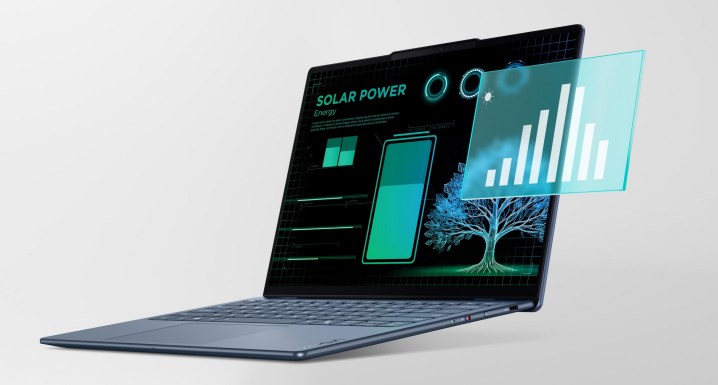 Lenovo yoga solar PC white background.
Lenovo yoga solar PC white background.
Further features include a 50.2 Wh battery, a 2M IR camera, four speakers, four microphones, and three USB-C ports. Lenovo also showcased a portable solar panel kit and power bank concept. This accessory allows users to charge a power bank via a USB-C solar panel, which can be attached to a bag, tent, or any other sunlit surface.
This kit could prove invaluable for Yoga Solar PC users seeking to maximize solar charging without needing to be in direct sunlight themselves. It also offers a compelling solar-powered option for those who aren’t ready to invest in a new laptop.
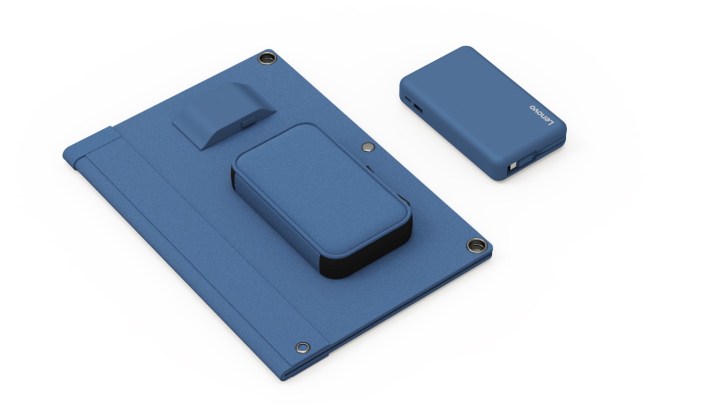 Lenovo Yoga solar power kit.
Lenovo Yoga solar power kit.
While the precise amount of solar-generated power a typical user can expect remains unknown, the concept’s significance is undeniable. Any amount of solar power contribution is a step forward. Lenovo appears to have achieved a solar-powered PC without compromising size, design, or performance, raising the question: why shouldn’t all laptops have solar panels?
Pricing and accessibility remain key considerations. A high price point could initially limit adoption. However, bringing such innovative designs to market paves the way for future price reductions. Lenovo’s solar-powered laptop concept offers a promising glimpse into a more sustainable computing future, and its realization would be a significant advancement.



